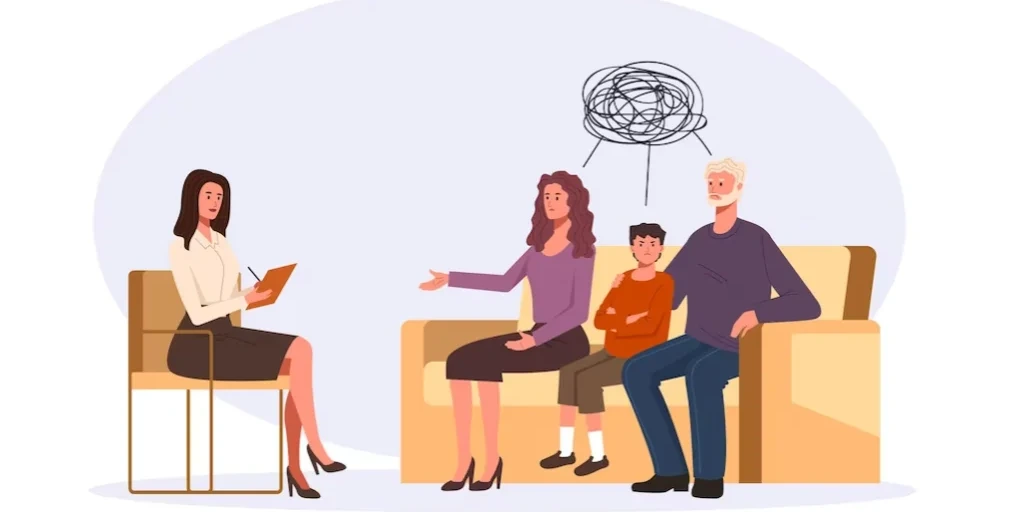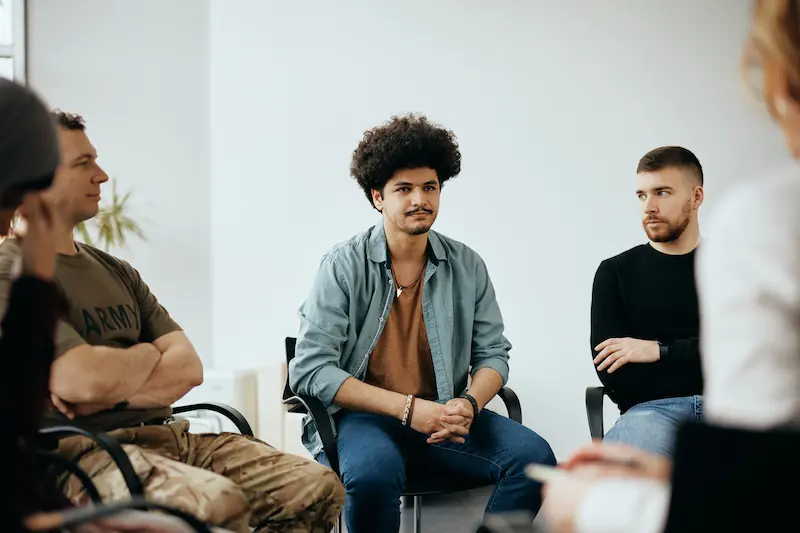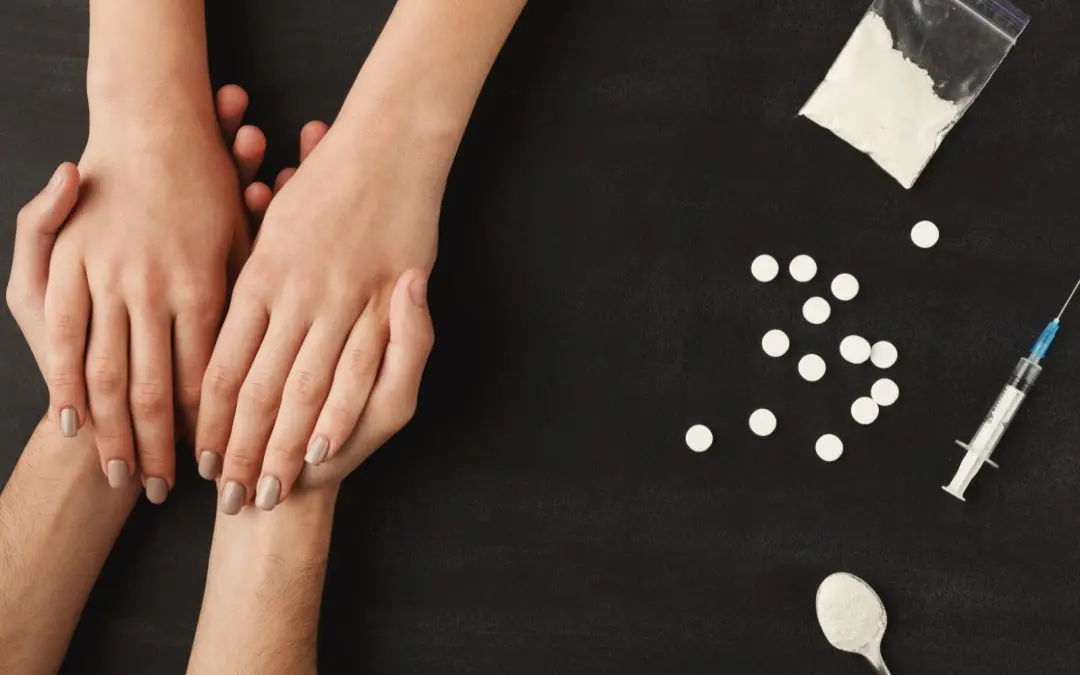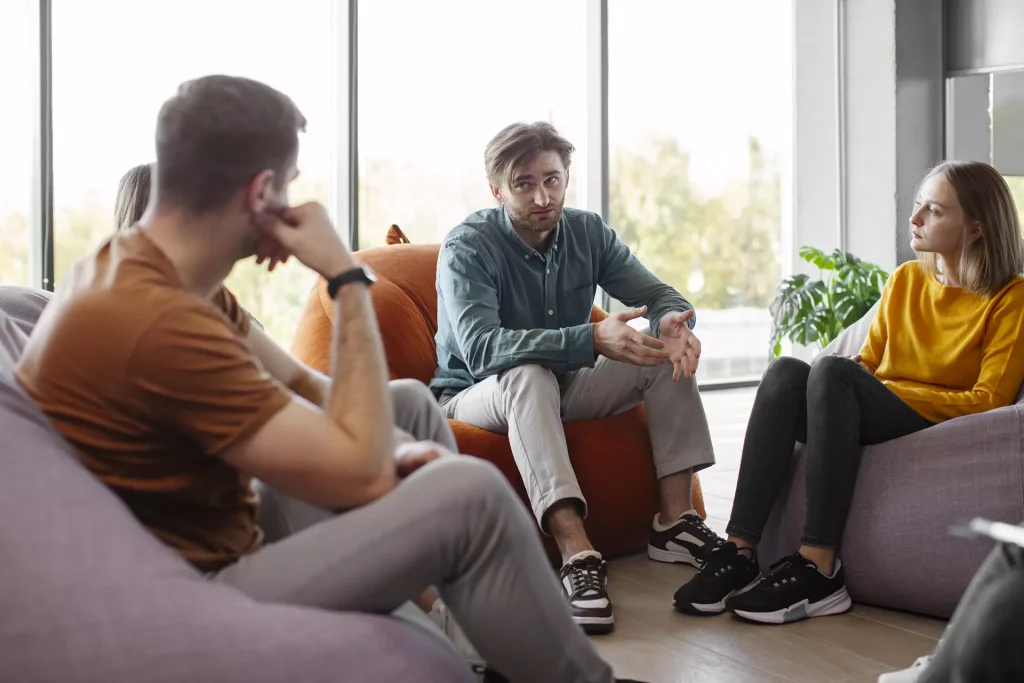24/7 Helpline:
(866) 899-221924/7 Helpline:
(866) 899-2219
Learn more about Aftercare Support centers in Dowagiac

Other Insurance Options

WellPoint

Sliding scale payment assistance

Carleon

Molina Healthcare

Excellus

Kaiser Permanente

Cigna

Covered California

American Behavioral

Medical Mutual of Ohio

ComPsych

Evernorth

CareFirst

Private insurance

State Farm

Multiplan

AllWell

Meritain

Optum

EmblemHealth






Woodlands Behavioral Healthcare Network
Woodlands Behavioral Healthcare Network works with individuals, families, and the community to inspi...





















































































